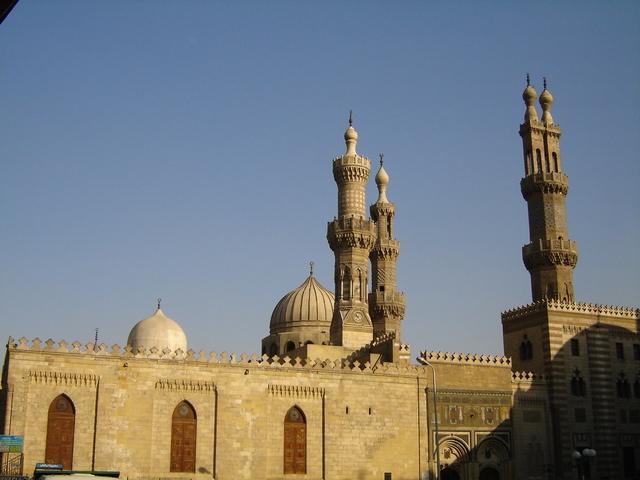I have been quite outspoken in recent times about what I believe to be a necessary and inescapable connection between Islam, as properly understood (yes, that notion is wrought with issue) and violence (and intolerance). I have even debated this publicly and given a public talk on the topic (at the University of Exeter).
I still stand by my claims completely.
I wrote how Islam and Christianity have core differences which allow the holy books to be interpreted in different paradigms, allowing for more ability and rationale for cherry picking concerning the Bible.

I have also written about how, if one uses the Qu’ran and the role model of Muhammad as guidance (and not to mention the Hadith), then you cannot get away from the fact that Islam has, at its foundations, violence and morality that is a far cry from the morality understood in modern, morally progressive societies.
My views on these points are the same.
The most vociferous of my critics here have been fellow liberals. As a liberal philosopher (of religion), I have claimed that extremist violence is understandably and explicably linked to the Qu’ran and Muhammad (and the Hadith) and that the problem is largely insoluble because you can’t simply drop these things or explain them away (certainly in the way that you can do this with the mere inspired word of God in the Old Testament, for example). My liberal critics often take the position that the violent jihadis are not representative of the “true Islam” that happens to be peace-loving. I contest this and claim that, more likely, they are suffering from implicit egotism bias. What true Islam is, if such a thing were to properly exist, is what this debate is about. But you cannot deny those who claim that they are doing this in the name of Islam really aren’t, and that another more peaceable version really is the correct interpretation, especially (and this has happened a lot) when you haven’t even read the Qu’ran or looked into the history of Muhammad.
But here’s the thing. I think, strongly that I am correct in this; however, I also think that this position is problematic for finding a short- (and possibly long-) term solution to the problem of religious fundamentalism, terrorism and moral atrocity which exists throughout the world.
By pointing out the truth, I think that i am also helping to alienate the very people we should be “celebrating”. What I mean by this is that we should prefer the liberal Muslims over the more fundamentalist ones, for obvious moral reasons. These, though, under my claims, are “less correct” in their theological interpretations than the fundamentalists who we are trying to argue against. But by pointing this out, by pointing out the theological soundness that jihadis arguable have, is to pit the Western world and fellow non-Muslims against all of Islam, as the liberal Muslims get tarred with the same brush, and Islamaphobia runs rife. I believe we should be afraid of Islam, as a theological Qu’ranic Hadith-driven and Muhammadan worldview, because it fosters violence. Death is the answer for every wrongdoing in the Qu’ran, as dictated by God. But pointing this “truth” out is potentially damaging between the worlds of non-Muslims and the wider branches of descriptively labelled Muslims, liberals and all.
In other words, I am saying that it is possibly worth shelving the truth in favour of social cohesion, and finding some sort of solution to the problems faced in the modern world. This is a moral dilemma in seen in terms of consequentialism; that truth has extrinsic value here, and if it causes or maintains problems, then it can have a negative moral value.
Going around talking about the dangers of Islam, as true as this might be, is dangerous to solving the issues of the dangers of Islam, if you will. I am condemning the liberal Muslims, through guilt by association, to whom we should be so strongly appealing in order to pave a cohesive way out of this political, social and theological mire.
Perhaps, I am therefore saying, it is worth me stepping back from the Islamic debate in order to reassess.
Thoughts?
